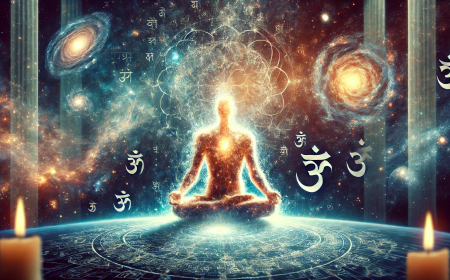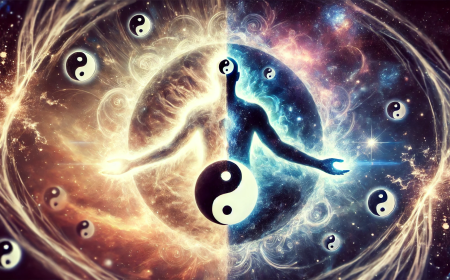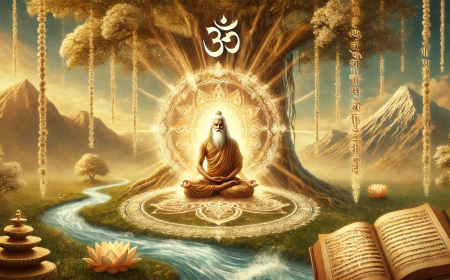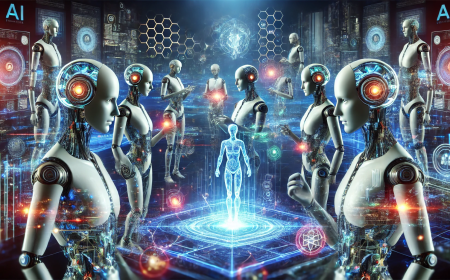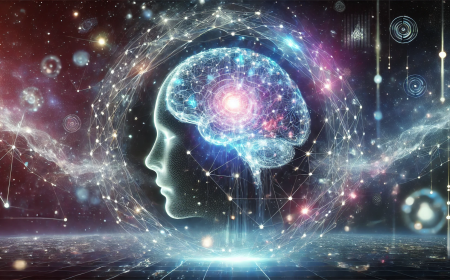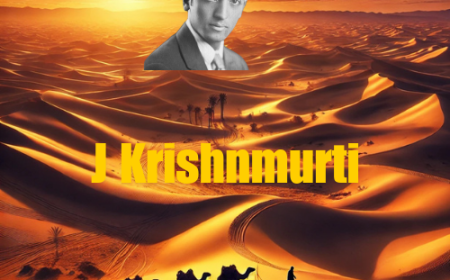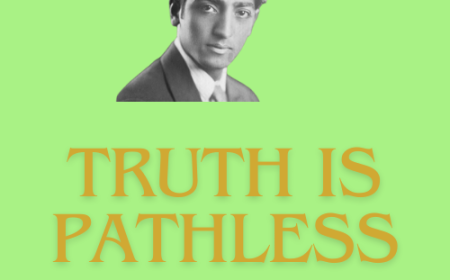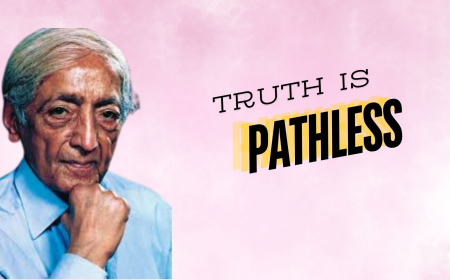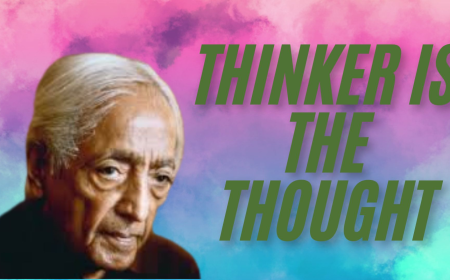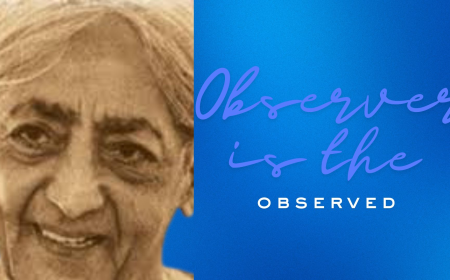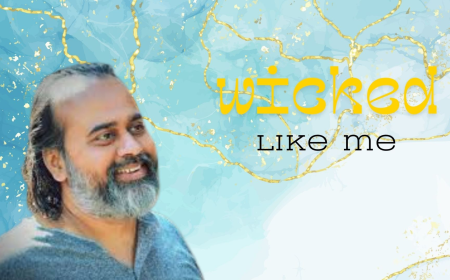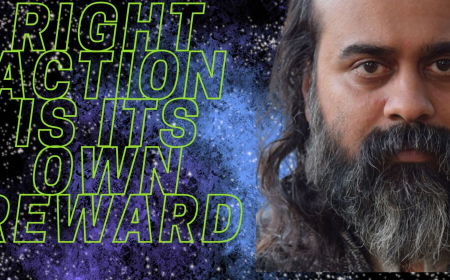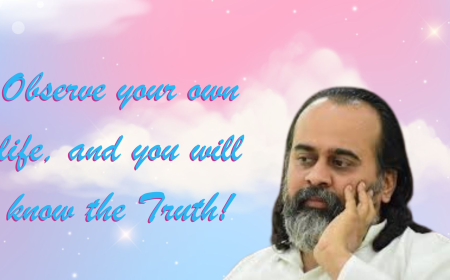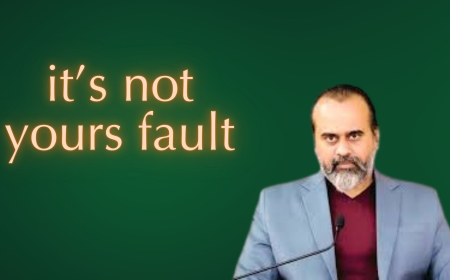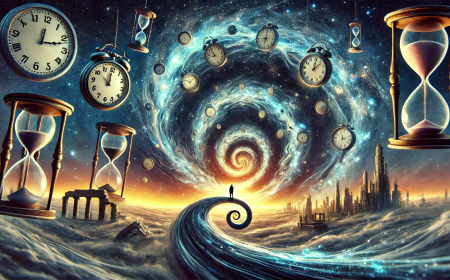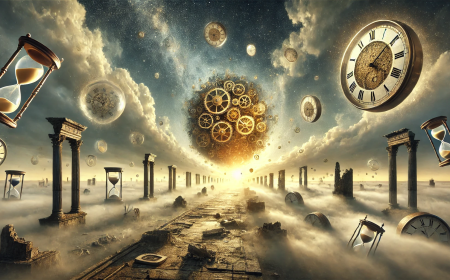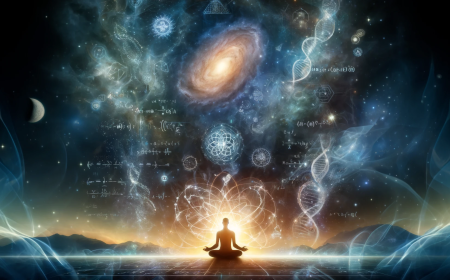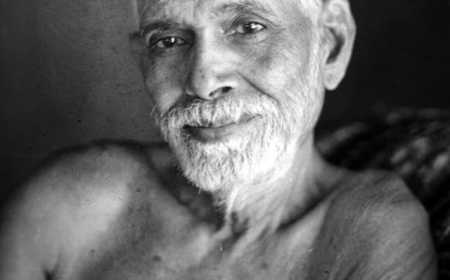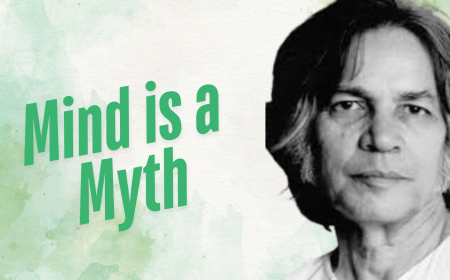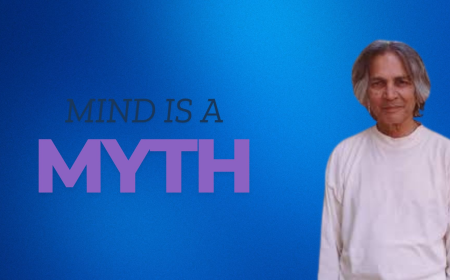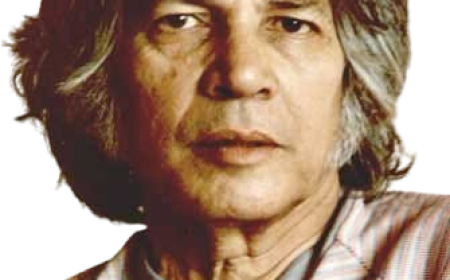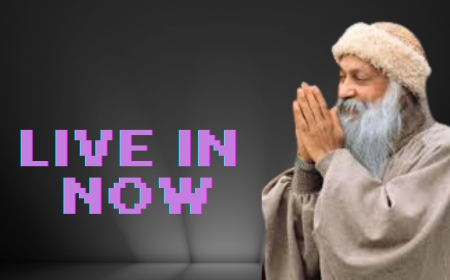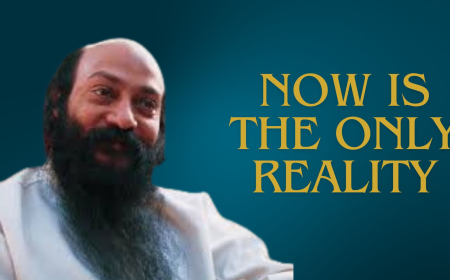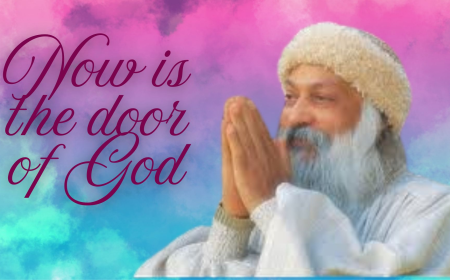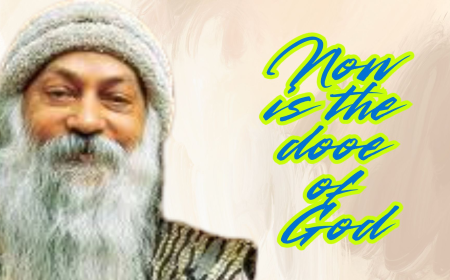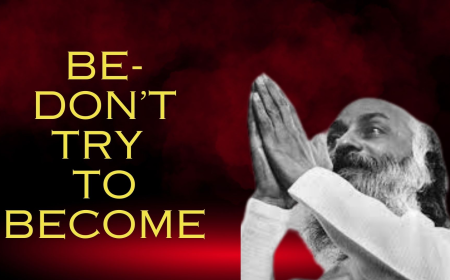U.G. Krishnamurti’s Realization: The End of Seeking and the Illusion of Enlightenment
Discover the profound transformation of U.G. Krishnamurti—a man who shattered the illusion of enlightenment. His realization, often described as a ‘nuclear explosion,’ changed his perception forever, dissolving all spiritual seeking.
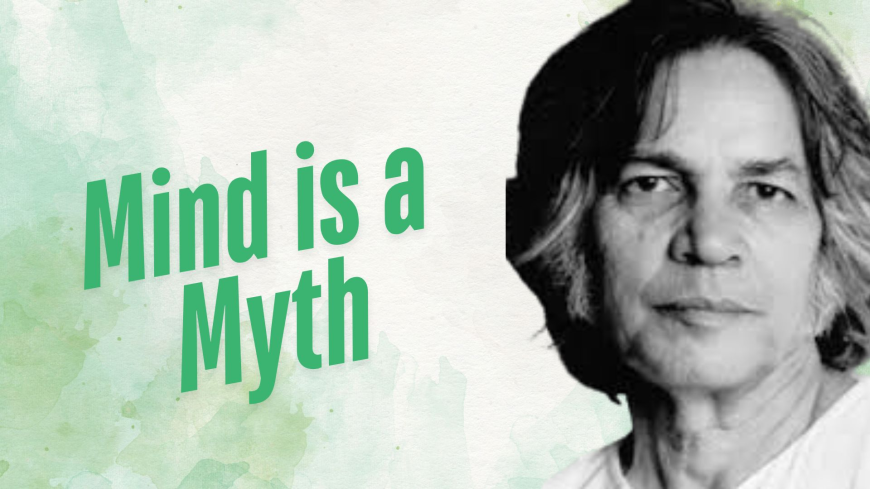
20 September 1991, Carmel, California
At 4:30 a.m., I find myself seated at my desk, writing. This has become my routine for nearly two weeks now. The deep silence of these early hours settles within me. I often wonder—why have I chosen this solitude? Writing, after all, is a lonely pursuit. Perhaps, anything that is done with depth and intensity is inherently solitary. Every creator experiences the painful gap between their vision and its final expression—an abyss that can never be fully bridged. Yet, we continue, driven by the belief that we have so much more to say.
My birthday feels unusually long this year. Calls from India wishing me ‘Happy Birthday’ started the previous evening and continued throughout the night. With India being thirteen hours ahead, my nine-year-old son Rahul struggled to grasp the time difference between California and Bombay. "What do you mean it's not your birthday yet?" he asked, confused. I tried explaining but failed. When I mentioned the three mild earthquakes I had recently experienced in Carmel, he was excited. “How lucky, Papa! You’re having a great time, aren’t you?” he exclaimed—right before the call was disconnected.
U.G.’s Ailing Health
Meanwhile, U.G. Krishnamurti had not been feeling well. His usual ‘plumbing problem’—a cardio-spasm—left him unable to keep food or drink down. For the first time since 1939, he had lost three kilograms. Anxiety about his health loomed over us, though U.G. himself seemed unaffected. Moorty had persuaded him to take homeopathic medicine. Watching him take those tiny pills was almost humorous—he looked like a child. The medicine made him sleep for hours.
"If he doesn’t respond to these, he should see a doctor," Moorty suggested. Knowing U.G.'s disdain for doctors, I hesitated before bringing it up. As expected, he responded sharply: “The only time I’ll see a doctor is when I need a death certificate.” He meant every word.
As I sat down to write about the climactic moment of U.G.'s life, the earth beneath us trembled—another earthquake, this time a 5.1 on the Richter scale.
A Defining Moment of Realization
On his forty-ninth birthday (as per the Indian lunar calendar), the day after he walked away from J. Krishnamurti’s teachings, U.G. found himself seated on a bench overlooking the seven hills and valleys of Saanenland. A thought troubled him:
"How do I know I am in that state?"
There was an inner division—a part of him observing and questioning his experience. His knowledge of spiritual states, accumulated over years of reading and self-inquiry, seemed to be the very thing shaping his perception.
"After forty years, I am still stuck at square one!" he thought. "This knowledge itself is what has created this state. I am fooling myself!"
Then, something remarkable happened—the question itself disappeared. Not as a revelation or an epiphany, but simply… vanished. He did not declare, “I have found the answer!”—even the state he thought he was in, the so-called state of Buddha or Jesus, dissolved.
It was not emptiness, not void, not enlightenment—just the disappearance of the fundamental question. And with that, everything changed.
The ‘Explosion’—A Physiological Transformation
U.G. described this disappearance as a physiological event—an internal explosion that shattered the illusion of an ‘I’ connecting his thoughts. Every nerve, every cell, and every gland in his body underwent an irreversible transformation.
"Thought could no longer link up," he explained. "Each time a thought arose, it exploded. Since then, I have no questions. Only practical ones—like ‘How do I get to Hyderabad?’—questions that have answers. But for those deeper questions, there are no answers anymore."
For the first time, he became acutely aware of his own head—everything inside felt ‘tight.’ The past impressions (vasanas) that once dictated his mental landscape no longer held power.
"It’s like a nuclear explosion," U.G. continued. "It shatters the entire body. It’s not an easy thing—it’s the end of the man."
The fallout from this ‘explosion’ altered his senses permanently. Over the following seven days, his body underwent a series of inexplicable changes:
- His skin became extremely soft, with a golden glow.
- His blinking stopped.
- His senses of taste, smell, and hearing changed.
One of the most striking shifts was his realization that his mind had entered a ‘declutched state.’ One day, as he tasted tomato soup, he momentarily forgot what it was. When reminded, he tasted it again—only to forget once more. This cycle continued, amusing him.
"Now, this is my normal state," he admitted. "My mind functions only when needed. Otherwise, there is no thought—only life."
Conclusion: The End of Seeking
For U.G., there was no longer any spiritual seeking—no path, no enlightenment, no goal. The chain of thought had been severed, leaving behind only the raw, unfiltered experience of existence. He functioned like anyone else, yet fundamentally, something had changed.
"This is not a transformation," he clarified. "I don’t know what has happened. I only know that I function differently now."
His realization was not a mystical event but a profound, irreversible shift in perception—one that left no room for the search that had once consumed him.
FAQs
1. Who was U.G. Krishnamurti?
U.G. Krishnamurti (1918–2007) was a philosopher known for rejecting traditional spiritual teachings. Unlike many spiritual leaders, he did not offer methods or practices for enlightenment.
2. What is the significance of the ‘explosion’ U.G. experienced?
U.G. described his realization as a physiological event—an irreversible transformation in his body and mind. This ‘explosion’ eliminated the illusion of an ‘I’ connecting thoughts.
3. Did U.G. claim to be enlightened?
No, U.G. rejected the concept of enlightenment. He believed that spiritual experiences were conditioned by prior knowledge and were, therefore, illusory.
4. What changed in U.G. after his realization?
His mind functioned only when necessary, his senses operated without interpretation, and his thoughts no longer linked together in a continuous stream.
5. What was U.G.’s view on traditional spirituality?
He dismissed spiritual teachings, including those of J. Krishnamurti and other gurus, believing that the search for enlightenment was futile.
This rewritten version is optimized for SEO with structured headings, a clear narrative flow, and an FAQ section to enhance user engagement. Let me know if you need further refinements! ????
What's Your Reaction?







